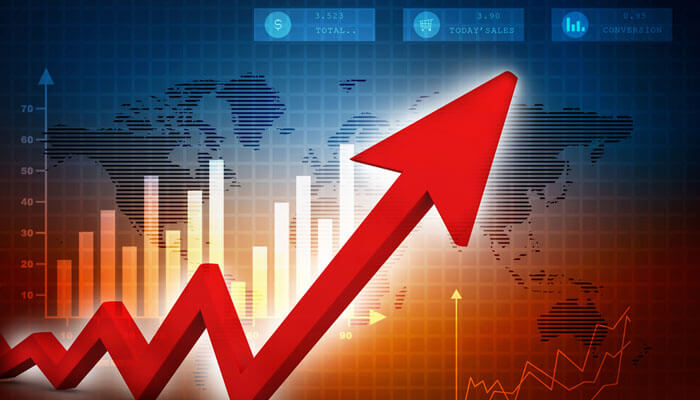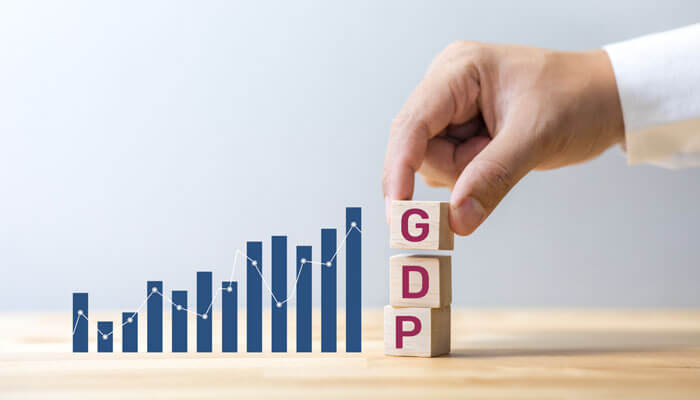The economy of the euro area is expanding once more, but it may find it difficult to keep up the pace for the rest of the year.
According to an official estimate released on Monday, the second quarter’s gross domestic product in the 20 nations that use the euro increased by 0.3% from the first quarter.
The first quarter of this year saw no change in GDP after declining by 0.1% in the final three months of 2022.
Separately, official figures revealed that this month’s total inflation rate continued to decline. In the eurozone, the consumer price index increased by 5.3%, down from 5.5% in June.
However, core inflation, which excludes volatile food and energy prices, remained at 5.5% in July. Furthermore, the inflation rate for services and unprocessed food increased slightly to 5.6% and 9.2%, respectively.
Despite the positive economic numbers, there are warning signals that the area may experience year-end stagnation.
A Poor Recovery
The massive surge in energy costs that followed Russia’s invasion of Ukraine severely hurt the euro area economy last winter, but data from Europe’s two largest countries on Friday suggested the recovery was underway.
“Digesting the Putin shock of high energy and food prices, the eurozone economy has regained a little momentum in the last few months,” Berenberg analysts wrote in a research note on Monday. “Like the US, the eurozone has so far weathered the recent challenges better than expected,” they continued.
However, the bank predicts that growth will slow over the course of the rest of the year, with annual growth being capped at only 0.6% as a result of a weak Chinese economy, weakness in global manufacturing, and a fall in residential development. In 2024, it predicts that average growth will increase to 1%.
According to official numbers issued on Friday, France’s GDP increased by 0.5% in the second quarter compared to the first quarter of this year, above economists’ predictions. The greatest economy in Europe, Germany, stalled in the third quarter, but it was a slight improvement over the preceding six months when it was in recession.
The head economist at Berenberg, Holger Schmieding, stated in a report on Friday that France’s stronger-than-expected growth results were “entirely due to very strong exports,” while domestic demand indicators “performed much worse,” including a 0.4% decline in household consumption.
This one-time increase in exports was significantly aided, he continued, “by the delivery of a cruise ship to a foreign buyer.”
According to a poll released by the ECB last week, the demand for business loans in the euro area reached a record low in the second quarter. According to statistics from a different study, corporate activity shrank in July at the quickest rate in the previous eight months.
The Purchasing Managers’ Index, which measures activity in the industrial and service sectors, fell from 49.9 in June to 48.9 in its initial reading. A contraction is indicated by a value below 50.
A Halt To Rate Increases?
It was the ninth straight increase by the European Central Bank when it increased the benchmark interest rate in the eurozone by a quarter of a percentage point to 3.75% on Thursday.
But ECB President Christine Lagarde told reporters that she was thinking about holding off on raising rates at the next meeting of the institution in September. Despite a considerable decline from a record high of 10.6% in October 2022, consumer price inflation is still much higher than the ECB’s 2% target.



